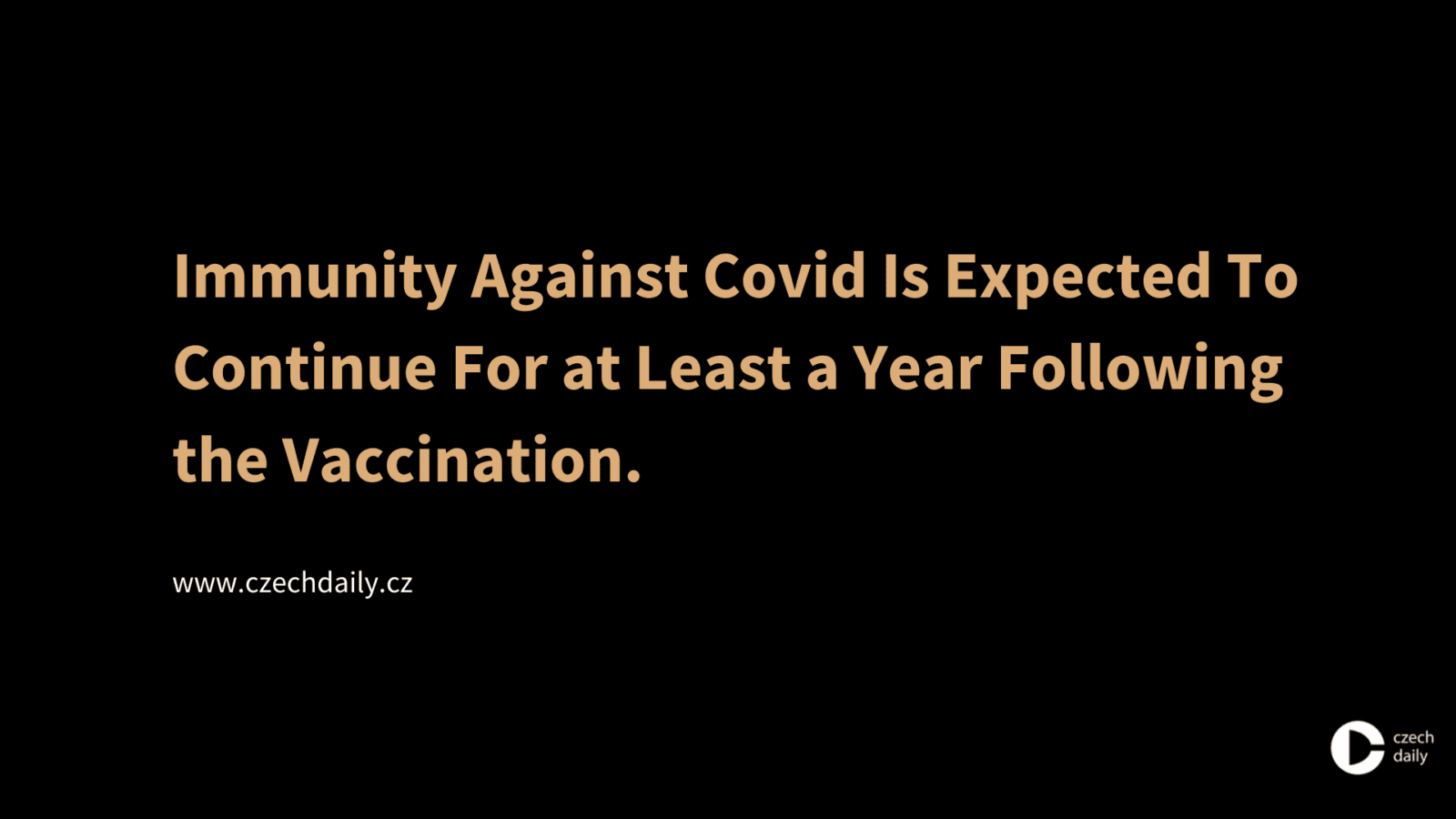According to experts, vaccination-induced immunity can endure for at least a year. Others, particularly for the elderly, propose starting the third dose of immunization in the autumn. This is supported by their responses to the Czech Press Agency. They disagree, however, on whether collective immunity will be attained, in which the virus has no way of spreading among humans.
“According to current statistics, the immunization is effective for at least one year, and possibly much longer,” said Jiří Černý, an evolutionary virologist at the Czech University of Agriculture in Prague’s Faculty of Tropical Agriculture. He believes that new mutations that reduce effectiveness could be a problem. In that instance, it would be essential to re-vaccinate using a more effective modified vaccine.
Michal Křupka, an immunologist at Palacky University in Olomouc’s Faculty of Medicine, agrees. “However, rather than the diminishing immune response itself, I think that the motivation for future re-vaccination would be an attempt to cover newly spreading variations,” he said. Revaccination intervals for other vaccines, he noted, range from a year to several years. Only the flu vaccination is altered every year due to the virus’s unpredictability.
Scientists disagree about whether the Czech Republic will acquire collective immunity. “I am afraid that acquiring collective immunity will not be possible,” the professor remarked, citing the new mutations’ high infectiousness. According to some studies, up to 90% of the required number of modifications would be present. As a result, he believes that focusing on immunizations for at-risk groups is necessary to avert more deaths.
“High vaccination rates among the younger population will, at the very least, limit the spread of subsequent waves. “Černý went on to say that when these two elements are combined, SARS-CoV-2 becomes a significantly less dangerous disease.”










Leave a Reply